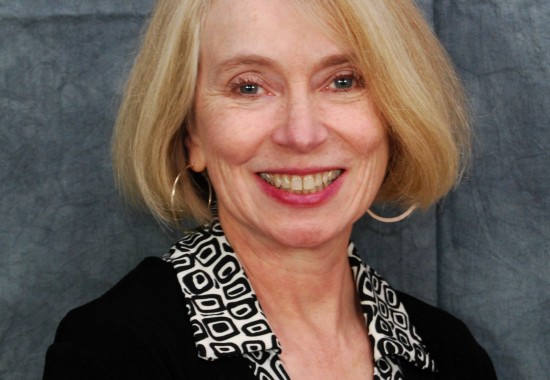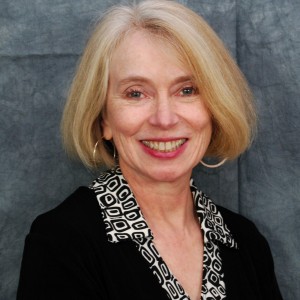Tessa Hart, PhD, is director of the Traumatic Brain Injury Clinical Laboratory and principal investigator of the Moss Traumatic Brain Injury Model System at Moss Rehabilitation Research Institute. She joined the MRRI faculty as a full-time researcher in 1999, after spending more than 15 years treating and developing programs for people with acquired brain injury and their families in inpatient, outpatient, and residential settings.
Dr. Hart is also research professor in the Department of Rehabilitation Medicine at Jefferson Medical College and a member of the adjunct professional staff of Einstein Healthcare Network.
What is the current focus of your research?
Tessa Hart: I do research in traumatic brain injury (TBI). I’m especially interested in long-term, severe TBI, and in problems in the psychosocial area. Some of my research has to do with finding out more about the long-term problems that affect people with TBI and their families. But my main interest is in developing and testing new treatments to help people deal with those problems, especially problems of emotional self-regulation.
Which aspects of your work are you most excited about right now, and why?
TH: Right now I’m most excited about my treatment studies because of the feedback that we get from the patients who participate. Some of them have said things like, “It’s changed my life” or “I have my life back now.”
I’m doing one study in which patients with depression or anxiety, or both, develop action plans that will expose them to more rewarding experiences. Then they develop reminders about those action plans that we send in the form of text messages. It’s about remembering to do simple things, little things that give them pleasure. For example, one lady decided she was going to walk to the grocery store instead of driving. She lost some weight through walking more, and she met some of her neighbors for the first time. She reminded herself to pick up baking supplies at the store, and she therefore did more Christmas baking, which made her family happy and gave her a lot of satisfaction.
Some of the plans are designed to overcome avoidance of desired activities. For example, one fellow wanted to work out at the gym but felt self-conscious. One of his messages said something like, “When I’m at the gym, I’ll remember that no one is looking at me.” It worked for him.
What is one of the problems or barriers to success that you’re trying to work past at the moment?
TH: It’s hard to find people to recruit into some studies. It can take a tremendous amount of time and resources to find people to engage in research.
But the perennial barrier is getting funding for research, because it’s so competitive. We go after all kinds of grants, large and small. The small grants help us get preliminary data to support the larger grants.
What do you like to do when you aren’t working?
TH: I love to travel. That’s one of the best perks of the job, that you get to attend meetings around the country and overseas. I like to cook. I’m a jogger—that’s something I really enjoy and I’ve done it my entire life.
What might surprise us about you?
TH: I also love to write, and I wrote two children’s books with my husband, Frank Sergi, about a creature called the Snarth, who I invented when I was 7 years old. The first one got published, but then the publisher went out of business and the second one is still sitting in a drawer. It was fun while it lasted, though!


